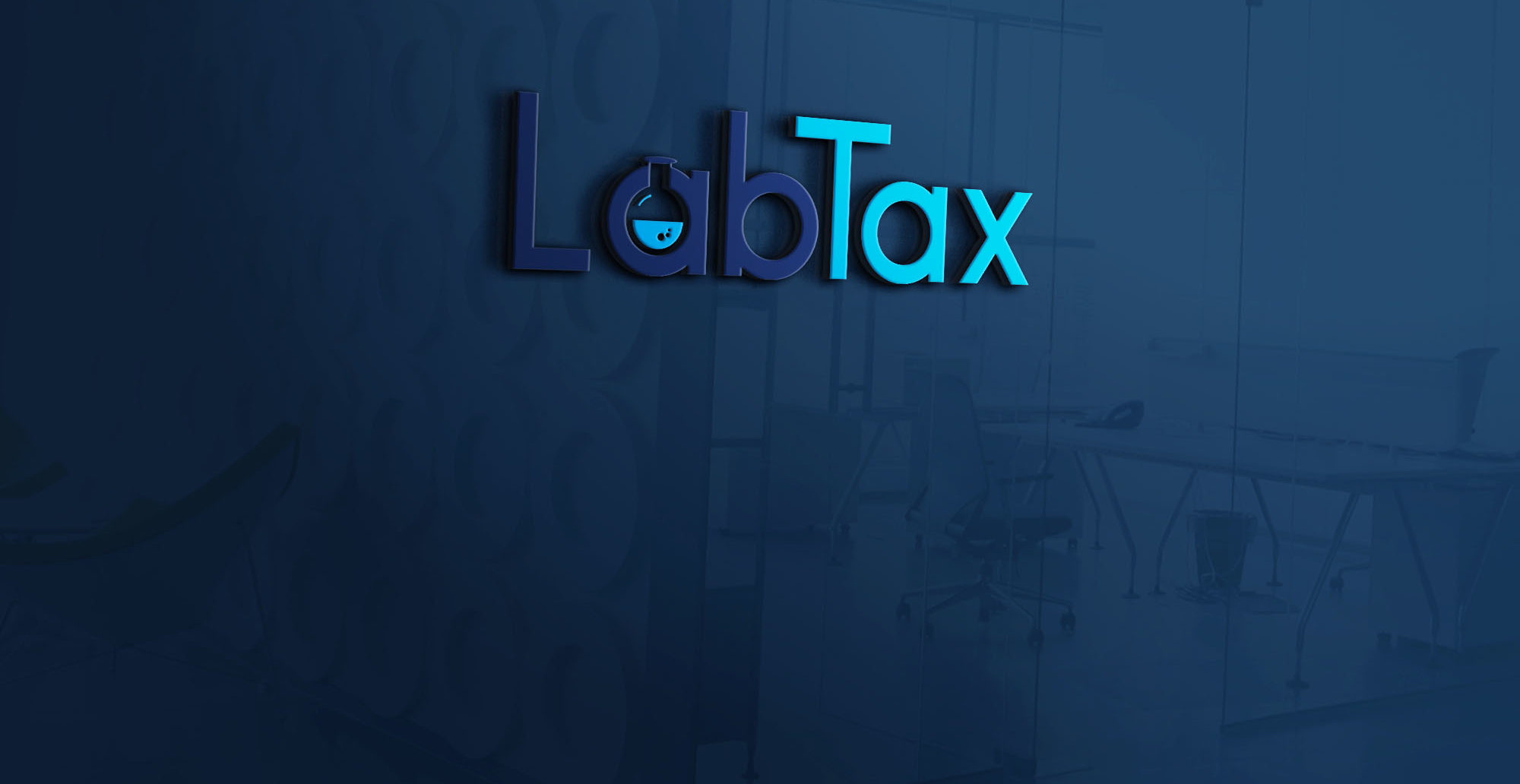Since AirBnB expanded to Anchorage back in 2016, it has been a boon to residents looking for ways to profit in the tourism industry especially during the summer season. I personally haven’t used it yet (since I’m old school and still book hotels), but I do respect innovation if it makes it better for vacationers. The biggest downside, however, is the exposed risk to some of the inexperienced renters such as property damage or unruly guests. If you’re going to host, consider these tips as part of your AirBnB tax planning.
1. Licenses and Local Taxes
Talk to a representative in your department of commerce about the regulations for running an AirBnB. Here in Alaska, if you collect rental income, then you need a business license (deductible expense). And in Anchorage, the hotel tax is already added to the cost of renting an AirBnB.
If you include the cost of the tax the guest pays as part of your gross revenue, then you can deduct those taxes. If you calculate gross revenue after taxes were taken, then you can’t deduct them (again).
2. Hotel or Rental?
Without digging too deep into Pub 925, depending on the average period of stay and what type of services you provide, your AirBnB activity can be treated as a hotel business or rental.
- Rented LESS than a TOTAL of 15 days >> Don’t report the income. Don’t deduct any expenses.
- Average Period of Stay is 7 days or Less >> Hotel >> Schedule C
- Average Period of Stay is 30 days or Less AND you provide significant, hotel-like services such as cleaning the linen daily or serving breakfast >> Hotel >> Schedule C
- The AirBnB unit doesn’t line up with any of previous bullets and you only provided services that maintain or improve the unit such as cleaning the common areas or making repairs >> Rental >> Schedule E
What’s the main difference?
You pay Self-Employment Tax with a hotel business (Schedule C).
3. Track Personal Use
In the best-case scenario, keep your AirBnB unit rented or available to rent all year. It makes it easier for you (or your tax preparer) to allocate expenses. If it’s considered a hotel (as identified in tip #2), the business assets (such as the room, bed, and TV) should be 100% dedicated to business.
If it’s a considered a rental instead, keep track of your days of personal use and days rented by guests at the fair market value. This will determine how expenses will be divided (between personal and rental use). Personal use also includes use by family members or renting at a cheaper price to a friend.
In addition to these tips, think about when you would like to rent out your place (summertime or all year), your tolerance for strangers under your roof, and if it’s worth getting some type of liability insurance for your place. Good luck with hosting and make that money!

